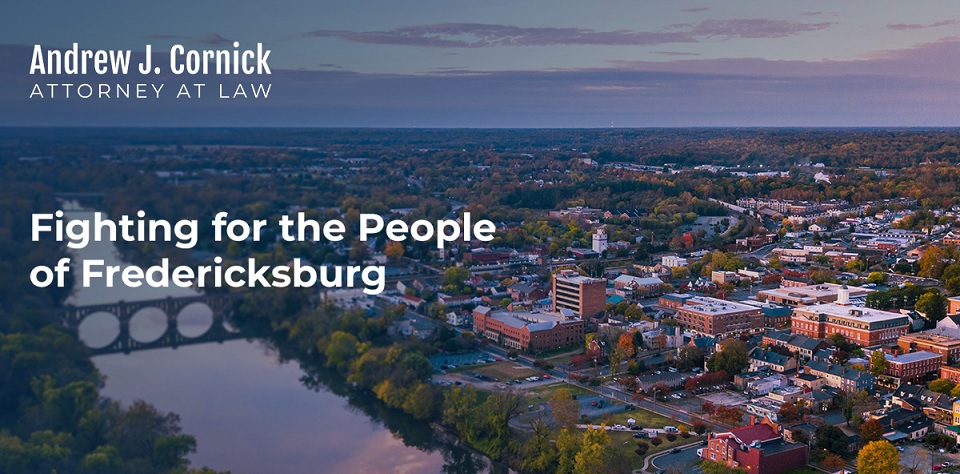The age of consent is a crucial legal concept that determines the age at which an individual is legally allowed to engage in sexual activity. Each state in the U.S. has its laws that govern this, and in Virginia, the age of consent is particularly important due to its implications in criminal law and personal relationships. In this article, we will dive deep into the age of consent in Virginia, explore what the legal age of consent is, and discuss how the law applies to various situations.
Table of Contents
What is the Legal Age of Consent in Virginia?
In Virginia, the legal age of consent is 18 years old. This means that individuals who are under the age of 18 cannot legally consent to sexual activity, and engaging in such activity with someone below the legal age of consent can lead to serious legal consequences.
It is important to note that while 18 is the official age of consent, there are specific laws that account for close-in-age exceptions or what is often referred to as the “Romeo and Juliet” law. This law aims to provide a safeguard for young individuals who engage in consensual sexual activity with peers who are close in age, avoiding the harsh penalties that may otherwise apply.
Key Legal Definitions in Virginia
Before diving into the specific legal details, let’s define a few important terms that come into play in the context of Virginia’s consent laws:
Sexual Offenses and Their Legal Implications
Sexual offenses under Virginia law are categorized into two main types:
- Felony offenses, such as rape and aggravated sexual battery, typically result in severe penalties, including imprisonment and mandatory registration as a sex offender.
- Misdemeanor offenses, which may involve charges like indecent liberties with a minor, carry lesser penalties but still lead to criminal charges and other legal consequences.
Statutory Rape
In Virginia, statutory rape refers to sexual activity between an adult and a minor under the age of consent (18). If an individual engages in sexual intercourse with someone under 18, even if that person consents, it is considered a criminal offense.
Key Facts about statutory rape in Virginia:
- If the person engaging in sexual activity is over 18 and the other individual is under 13 years old, the offense is classified as a felony and can result in life imprisonment.
- If the individual engaging in sexual activity is 18 to 20 years old, the offense is treated as a misdemeanor if the minor is between 15 and 17 years old.
Close-in-Age Exemption (Romeo and Juliet Law)
Virginia has what is known as the “close-in-age” exception, which applies in certain situations to protect young individuals from criminal prosecution when they engage in consensual sexual activity with peers who are close to their age.
Here’s how the law works:
- If the older individual is within three years of the younger person’s age, the law may not consider it a criminal offense. For instance, if an 18-year-old engages in sexual activity with a 16-year-old, the close-in-age exemption may apply.
- However, this exemption only applies to individuals aged 15 to 17 engaging in consensual sexual activity with someone within the three-year age difference range. The law is more strict when the parties involved are of significantly different ages or when the minor is below 15.
Consequences of Violating the Age of Consent Laws
Violating the age of consent laws in Virginia can lead to severe penalties. The consequences for engaging in sexual activity with someone under the age of consent can vary based on factors such as the ages of the parties involved, the nature of the act, and whether any coercion was involved.
Penalties for Statutory Rape
- If the victim is under 13 years old, the adult offender may face charges of aggravated sexual assault or rape, which carry significant penalties. These can include life imprisonment or lengthy prison terms.
- If the victim is between 13 and 15 years old, and the perpetrator is over 18, the offense can still be charged as statutory rape, and penalties can range from 5 to 30 years in prison.
- If the victim is between 15 and 17, and the perpetrator is over 18, the penalties may be less severe, particularly if the close-in-age exception applies.
Additionally, individuals convicted of these crimes may face lifelong consequences, including mandatory sex offender registration, restrictions on where they can live, and loss of civil rights (such as the right to vote).
Consent and Intoxication
One important aspect to consider is how intoxication impacts the ability to consent to sexual activity. In Virginia, if an individual is incapacitated due to drugs or alcohol, they are not considered able to give consent, regardless of their age.
If an individual over the age of consent engages in sexual activity with someone who is intoxicated and unable to consent, they could still be charged with a sexual offense under the state’s sexual assault laws.
Special Considerations for Age of Consent Laws
Virginia law takes into account various factors that may affect the way the age of consent is applied, including the roles of coercion and manipulation. Here are some important considerations:
Teacher-Student and Authority Figures
If the person engaging in sexual activity with a minor is in a position of authority—such as a teacher, coach, or other educator—the law is particularly stringent. Even if the minor is within the age range where consensual sexual activity would otherwise be permissible under the law, an authority figure can face heightened penalties if they engage in sexual activity with a student, regardless of the student’s consent.
Religious or Cultural Beliefs
In some cases, the cultural or religious background of individuals may influence their understanding of consent and legal relationships. However, Virginia law does not make exceptions for these factors when determining the legal age for sexual consent.
Important Legal Advice
If you are involved in a situation where the age of consent in Virginia might be a concern, it is critical to understand the law fully and seek legal counsel if necessary. Legal professionals can provide valuable guidance on what is permissible and can help individuals navigate the complexities of consent laws.
Here are some key takeaways:
- Always ensure that the individuals involved are both of the legal age to consent, or that they are within the close-in-age exemption.
- Be aware of the severe penalties associated with violating the age of consent laws.
- Intoxication or coercion can invalidate consent, leading to serious legal consequences.
Conclusion
The age of consent in Virginia is 18, with exceptions for those within three years of age under the close-in-age exemption. However, any violation of these laws—especially when there is a significant age gap, coercion, or intoxication involved—can lead to harsh penalties, including imprisonment and mandatory sex offender registration. Understanding the nuances of these laws is critical for protecting both your legal rights and the rights of others.
If you have questions about the age of sexual consent in Virginia or find yourself involved in a legal situation, it’s best to consult with a qualified attorney to navigate the complexities of the law and avoid potential legal consequences.






